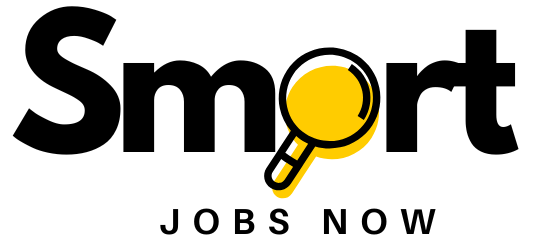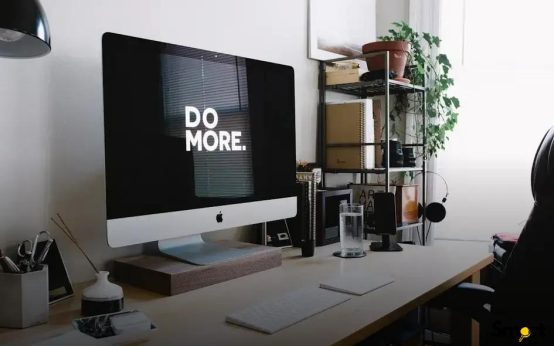Creating a personal development plan can be a transformative experience. It equips you with a structured roadmap to achieve your personal and professional goals. By understanding your personal goals, setting SMART objectives, identifying resources, and measuring progress, you’re paving a path toward continuous growth and self-improvement. Let’s explore how you can effectively create a plan that aligns with your ambitions.
Understanding Your Personal Goals
To develop a personal development plan, begin by reflecting on your unique aspirations. Think about areas in life where growth or improvement is essential. Consider what truly matters to you, both professionally and personally.
Assess Your Interests: Identify activities where you naturally excel or those you enjoy most. These reflect your passions and can guide your goal-setting.
Identify Your Values: Consider what is important to you. Values like honesty, creativity, or helping others can shape your ambitions and should align with your personal goals.
Visualize Your Future: Picture yourself a few years from now. What achievements do you want to celebrate? What skills or experiences do you wish to acquire? This visualization can guide your goal-setting on a broader scale.
Understand Past Experiences: Look at your past experiences, both successes and failures. Consider what you learned from them and how they can inform your future plans.
By thoroughly analyzing these aspects of yourself, you set the foundation for a personal development plan that aligns with your individuality and aspirations.
Setting SMART Objectives
When setting SMART objectives, you’re crafting goals that are not only Specific, but also Measurable, Achievable, Relevant, and Time-bound. This ensures clarity and focus as you work towards your personal development. To start, define exactly what you want to achieve. Instead of a vague goal like ‘improve skills,’ specify what skill and in what way you’ll measure it.
Make sure your goals can be measured through defined criteria. If your objective is to ‘learn a new language,’ set benchmarks like completing a beginner’s course or conversing fluently in six months. Ensure your objectives are achievable. They should stretch your abilities, but still remain realistic. Ask yourself if it’s feasible considering your current resources and constraints.
Your goals must also be relevant to your personal development plan. They should align with your broader life goals and ambitions. Finally, set a deadline to make your goals time-bound. This will motivate you to allocate time efficiently and maintain progress towards your objectives.
Identifying Resources and Tools
When creating a personal development plan, identifying the right resources and tools is crucial. These help in achieving your objectives efficiently. Start by evaluating what you need to support your growth and development.
- Books and Online Courses: Select books and courses relevant to your goals. They provide in-depth knowledge and new perspectives.
- Mentors and Coaches: Find mentors who can guide you with their experience. A coach can help keep you accountable.
- Software and Apps: Use productivity apps to track progress or learning tools that offer structured skill-building exercises.
- Workshops and Webinars: These are excellent for interactive learning and networking with like-minded individuals.
Research is key. Look for tools that align with your learning style and objectives. Stay open to trying new methods as they can enhance your learning experience effectively.
Measuring Progress and Adjusting
- Regularly review your personal development plan to see if you’re on track. It’s important to allocate time each month or week to assess your progress.
- Use quantitative and qualitative methods to measure your progress. Consider both the numbers that show improvement and the personal feelings of growth and accomplishment.
- Ask yourself questions such as: What have I achieved so far? and What obstacles did I encounter?
- Be prepared to adjust your goals and strategies if they are not working as planned. Sometimes, external factors require changes to your original plan.
-
Incorporate Feedback
Feedback from mentors, colleagues, or friends can provide new insights and help you refine your plan.
- Flexibility is key. Keep an open mind and be willing to adapt your methods or goals as necessary.
- Celebrate small successes and reevaluate big challenges to improve your personal growth journey consistently.





